From Monday 24 to Friday 28 March 2025, the continental meeting of MISAL Africa and Europe took place at the Mother House of the Pontifical Institute for Foreign Missions (PIME) in Milan. Under the theme “Formation: Preparing Missionaries for the New Frontiers”, this gathering followed the international meeting held in Goa in December 2024 and continues the shared journey of reflection and collaboration among the Missionary Societies of Apostolic Life.
PIME: A Missionary Society Rooted in History, Open to the Future
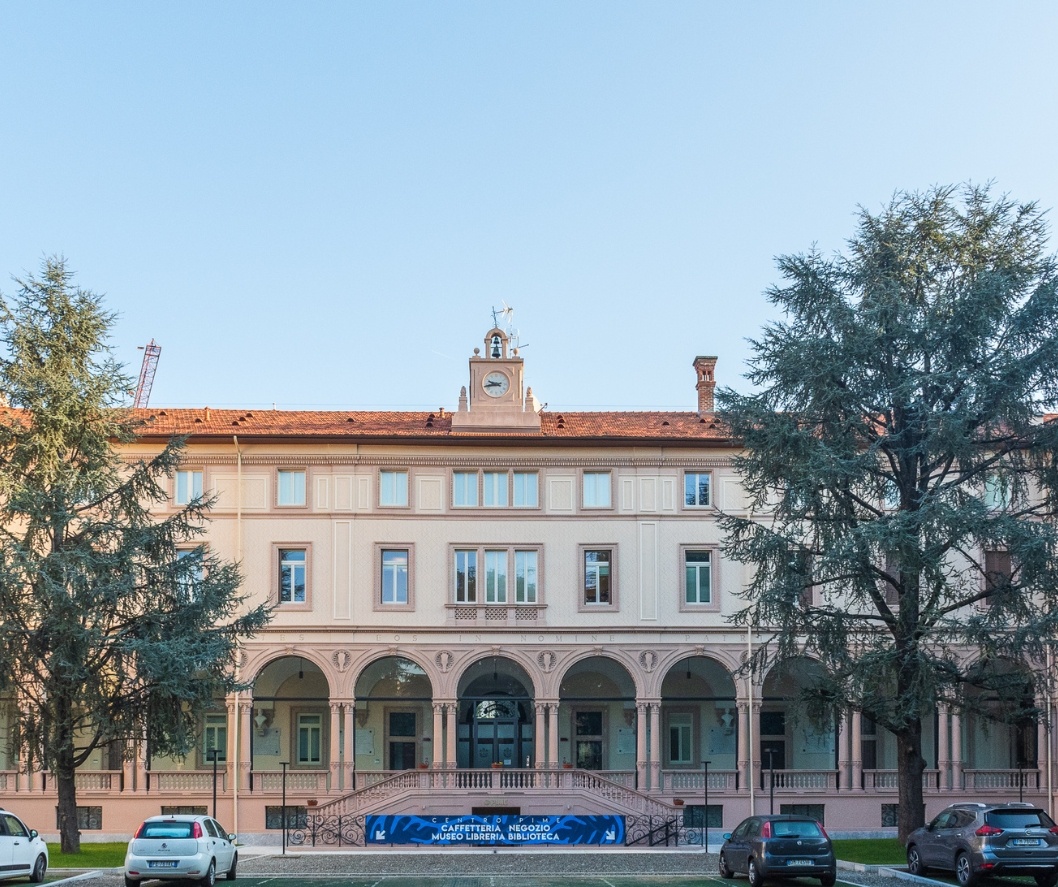
The recently renovated Casa Madre of the Pontifical Institute for Foreign Missions (PIME) in Milan, venue of the MISAL 2025 Continental Meeting.
Hosting this year’s continental meeting, PIME welcomed the delegates at its Mother House in Milan. Founded in 1850 by Msgr. Angelo Ramazzotti, PIME is the first missionary institute established in Italy. In 2025, it celebrates its 175th anniversary — a fitting moment to gather and reflect on the formation of missionaries for a changing world.
PIME is a Society of Apostolic Life made up of priests and lay people. They dedicate their lives to proclaiming the Gospel and promoting human development, particularly in the world’s peripheries. With more than 450 members active in 19 countries, the institute has evolved into a truly multicultural body, with vocations now emerging predominantly from mission territories.
Through nearly two centuries of evangelizing across continents, PIME has founded dioceses, built bridges between cultures, and adapted its formation to the needs of the local Churches. Its identity remains anchored in attentive listening to the poor and readiness for the new frontiers of mission.
“Extra Love Is Required”: Opening Address by Cardinal Giorgio Marengo
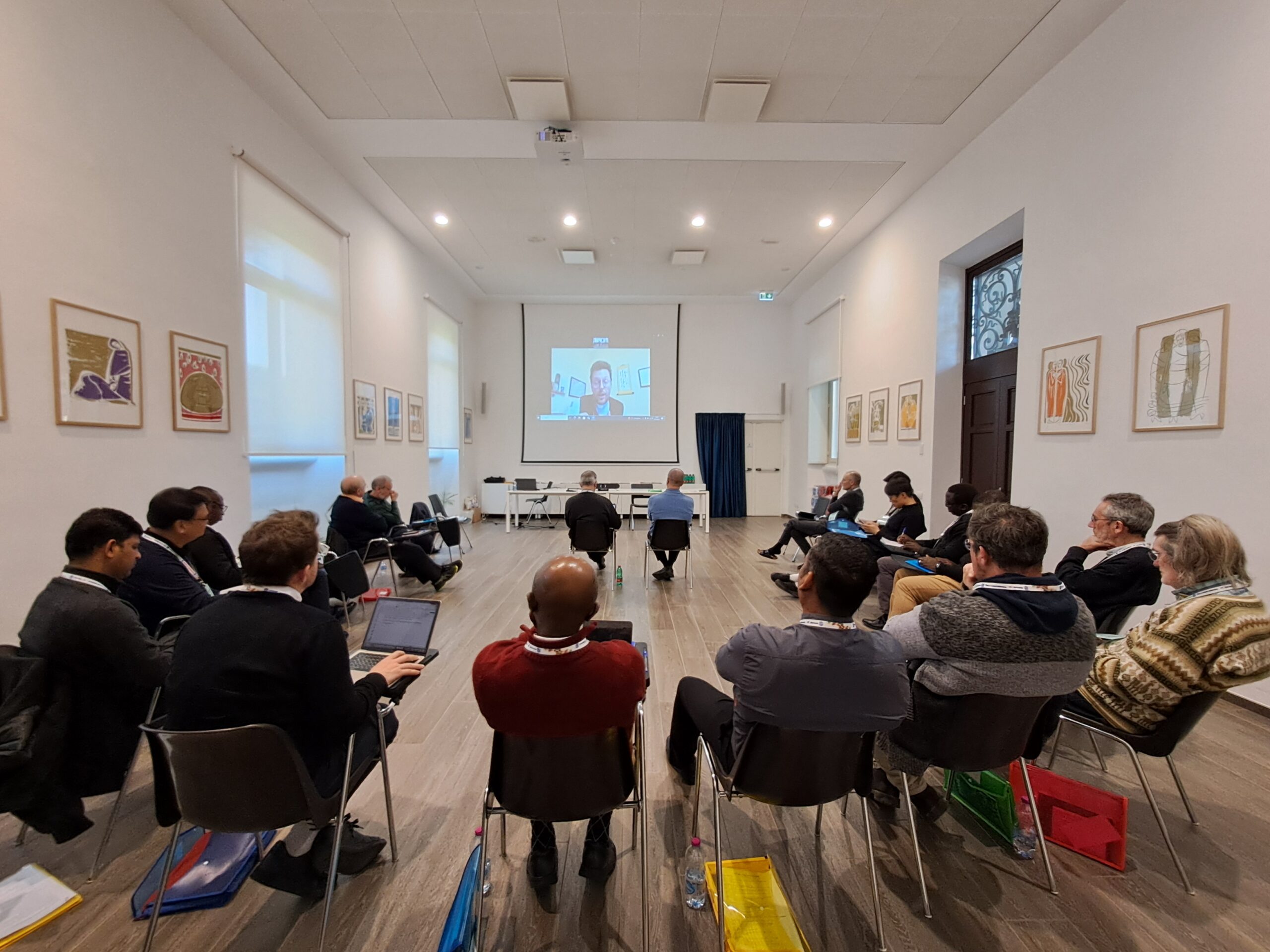
Opening address by Cardinal Giorgio Marengo, I.M.C., Apostolic Prefect of Ulaanbaatar and youngest member of the College of Cardinals.
The meeting opened with a thought-provoking online intervention by Cardinal Giorgio Marengo, I.M.C., Apostolic Prefect of Ulaanbaatar and Consolata missionary. At just 48, he is the youngest member of the College of Cardinals — a symbol of a Church rooted in the peripheries and led by pastoral creativity. His message was direct: “Extra love is required.”
Cardinal Marengo reflected on his experience in Mongolia and described missionary formation as a dynamic journey shaped by tensions that must not be eliminated, but embraced. Identity and alterity, solitude and sociability, personal responsibility and community — these are not contradictions to resolve, but realities to hold in tension.
True missionary formation, he said, requires cultivating this inner equilibrium and fostering a style of leadership that is deeply synodal. “Synodality,” he insisted, “means first learning to delegate — and through that, creating harmony.”
He spoke of formation not as technical training, but as a spiritual path. What matters most is not competence, but character. The formation must lead to four essentials: spiritual depth, humility, common sense, and the capacity to build community. At the heart of discernment lies honesty: “We must be honest with candidates and help them see whether their call is truly rooted in a greater love for Christ.”
Marengo also addressed the topic of interculturation: “It is not an ideology,” he said, “but the expression of love for the other.”
Nine Missionary Societies, One Concern: Formation Today
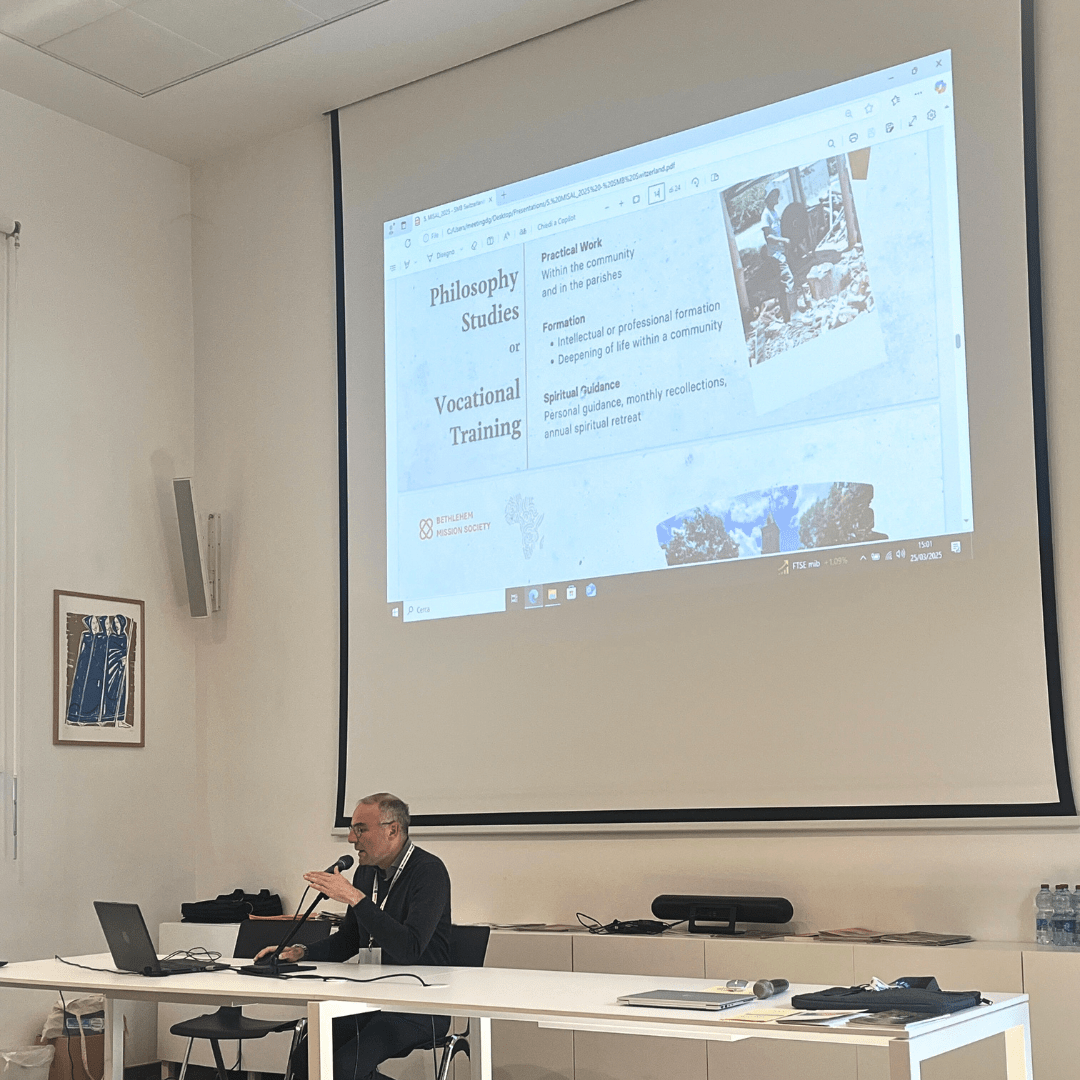
Fr. Ludovic Nobel presents the formation journey of the SMB in Africa, rooted in community life and the spirituality of the Incarnation.
The next session brought together nine missionary societies in a shared conversation on vocation promotion and formation. Though their contexts vary widely — from Asia to Africa to Europe — the concerns resonated across borders.
Fr. Stanley Lubungo of the Missionaries of Africa (M.Afr.) described a formation model rooted in prayer, experience, and study. He emphasized the urgent need to form not just candidates, but also formators themselves.
The Missions Étrangères de Paris (MEP) presented their two-track approach: short-term volunteer service and a long-term path for those discerning a lifetime mission. Formation, they said, must foster an “incarnational spirituality,” where one is gradually born into a people and culture.
Fr. Joseph William Partiraj of the Missionaries of Mary Immaculate (MMI) spoke of integrating theology with deep existential reflection and contextual engagement.
From the Society of African Missions (SMA), the focus was placed on intercultural and communal formation, as highlighted by Fr. Antonio Porcellato and Fr. François de Paul Houngue. Fr. Adelino Ascenso of the Sociedad Misionera de Boa Nova (SMBN) emphasized accompanying young people over time, especially in multinational communities.
The Société des Prêtres de Saint-Jacques (SPSJ), with Fr. Michel Briand and Fr. Francklin Gracia, shared a model grounded in proximity to the poor — particularly in Latin America and Haiti.
Fr. Andrei Oplindo Paz of the Society of Saint Columban (SSC) stated that they have stopped recruiting actively, choosing instead to focus on authentic witness: “People come because they see something real.”
Br. Massimo Cattaneo of PIME outlined differentiated vocation strategies for Italy, Africa, and Asia, based on discernment more than promotion.
From the Missionnaires de Bethléem (SMB), Fr. Ludovic Nobel contributed a perspective shaped by the Society’s deep spiritual tradition. He described the formation journey that begins not with an activity, but with the life of the community. At the heart of the SMB charism is the mystery of the Incarnation lived in Bethlehem — a place of poverty, simplicity, and hidden presence. For the SMB, this conviction shapes a formation journey that spans seven to ten years, beginning with daily prayer, shared responsibilities, learning to forgive, to listen, to walk together. “Before doing the mission,” he said, “you have to live with Jesus and with others.” It’s in this context, he emphasized, that the missionary spirit takes flesh: not in grand plans, but in the quiet fidelity of everyday fraternity. “It’s the only soil where mission can grow.”
All participants agreed: formation is not a factory. It is a long path of growth, rooted in love for Christ and openness to others.
In the days that followed — Wednesday and Thursday — participants divided into smaller groups for further reflection. They exchanged insights on key aspects of basic and ongoing formation, comparing strategies and challenges across their diverse contexts. These conversations deepened mutual understanding and strengthened the collaborative spirit that characterizes MISAL.
Mgr Gilbert Gosbert: Formation with Missionary Spirit — A Churchwide Priority
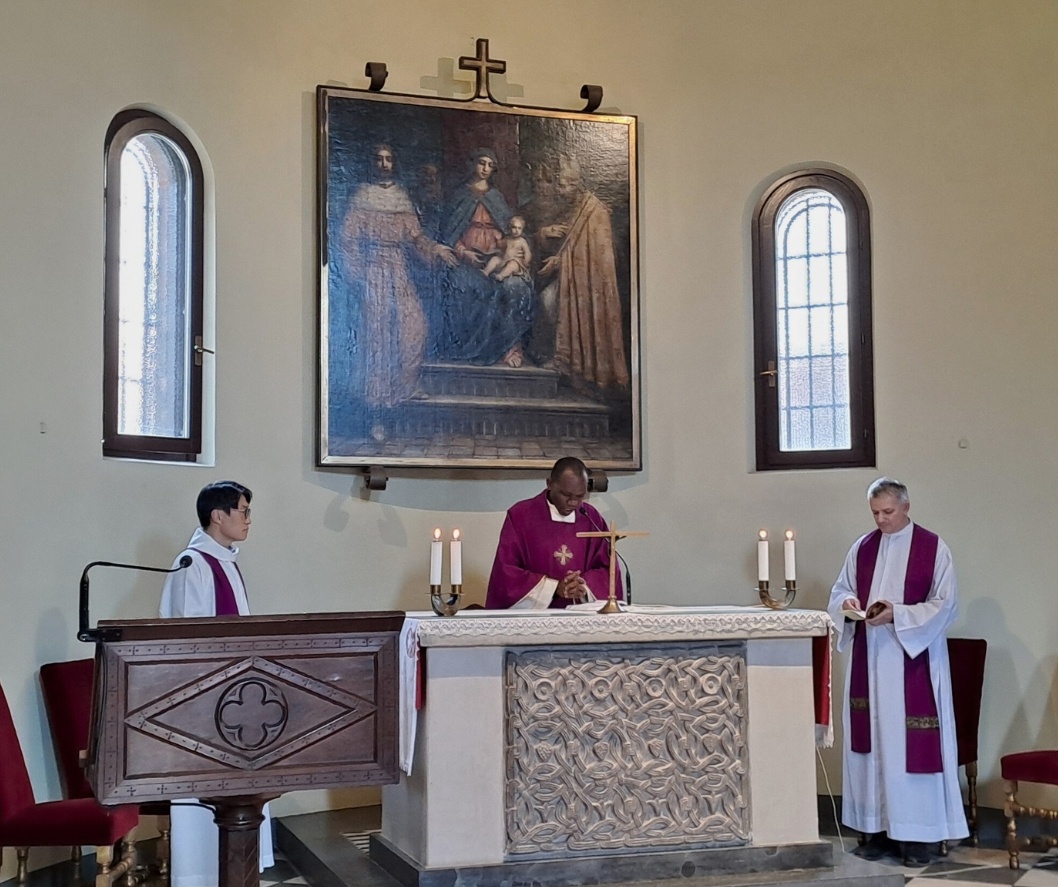
Mgr Gilbert Gosbert, member of the Dicastery for Evangelization, presides over the Eucharistic celebration in the Chapel of St. Sigismondo at the Basilica of St. Ambrose.
On Wednesday morning, Mgr Gilbert Gosbert, member of the Dicastery for Evangelization, addressed the assembly. Drawing from his pastoral and curial experience, he outlined why the missionary spirit must be at the core of all Church formation today.
He warned against reducing formation to academics or structures, urging instead that it must shape missionary disciples with an inner desire to live the Kingdom. “One can be called a missionary,” he said, “without carrying the missionary spirit — this is the risk.”
He called for attentiveness to candidates’ backgrounds, a serious formation in human and affective maturity, and a renewed commitment to safeguarding. He also listed the challenges ahead: digital culture, interculturality, interreligious dialogue, and social injustice — all requiring a formation that is courageous, grounded, and spiritual.
He urged particular attention to the ongoing formation of formators themselves: “The quality of formation depends on the interior life of those who give it.”
On Thursday, in a second intervention, Mgr Gosbert developed two key points: nurturing missionary zeal and enhancing the capacity to evangelize. Witness of life, catechesis, co-responsibility, patience, and attention to youth, families, and women were named as central to this renewal.
Moments of Culture and Communion
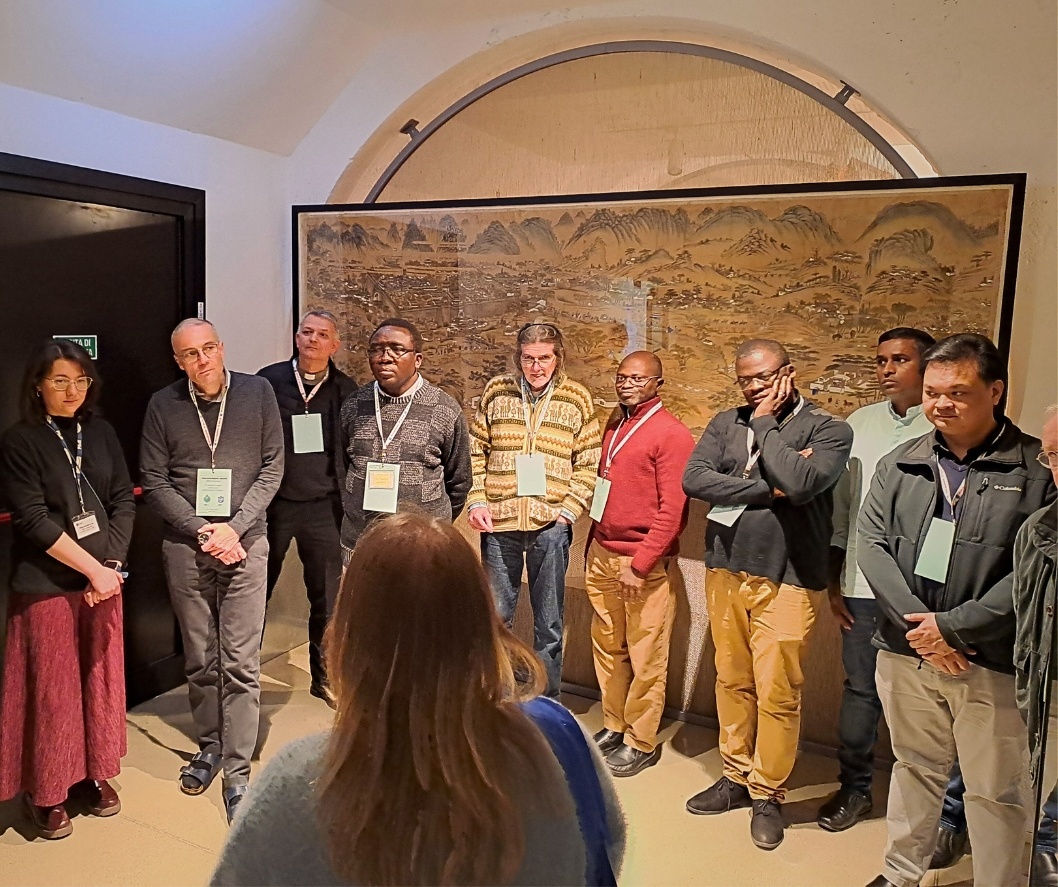
Visit to the Museum of the Pontifical Institute for Foreign Missions, located in the Casa Madre in Milan.
The meeting was also punctuated by moments of culture and prayer. On Tuesday, the participants visited the PIME Museum, which houses artifacts from across the missions and objects of martyred missionaries. A concert of Italian songs followed.
On Wednesday afternoon, they visited the Basilica of Saint Ambrose and celebrated the Eucharist at the Chapel of St. Sigismondo. Later, they visited PIME’s international theological seminary in Monza, where they met and shared with the 40 seminarians from Africa, Asia, and Latin America.
Thursday afternoon was dedicated to discovering the Duomo of Milan and nearby archeological sites.
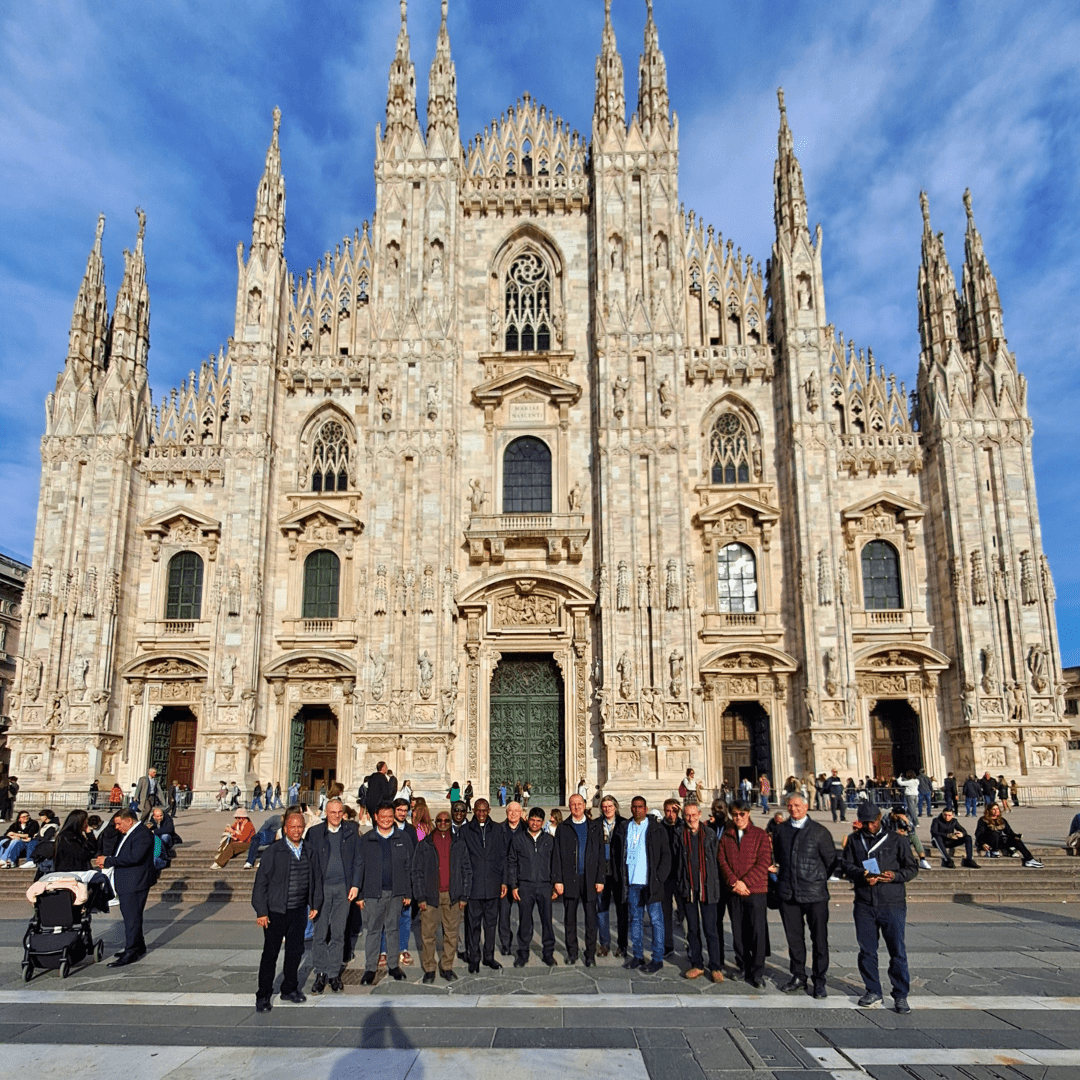
Excursion to the Milan Cathedral (Duomo) and discovery of nearby archaeological sites.
Final Session: Looking Ahead
The meeting concluded with a final session of evaluation and planning. Participants expressed their gratitude to PIME for the warm hospitality and excellent organization.
Among suggestions raised: improving online participation options, maintaining the synodal spirit of listening and collaboration, sharing formation resources, and exploring the juridical status of MISAL.
The next continental MISAL meeting will be held in Lisbon, Portugal, from 5 to 9 April 2027. It will be organized by the Sociedad Misionera de Boa Nova.
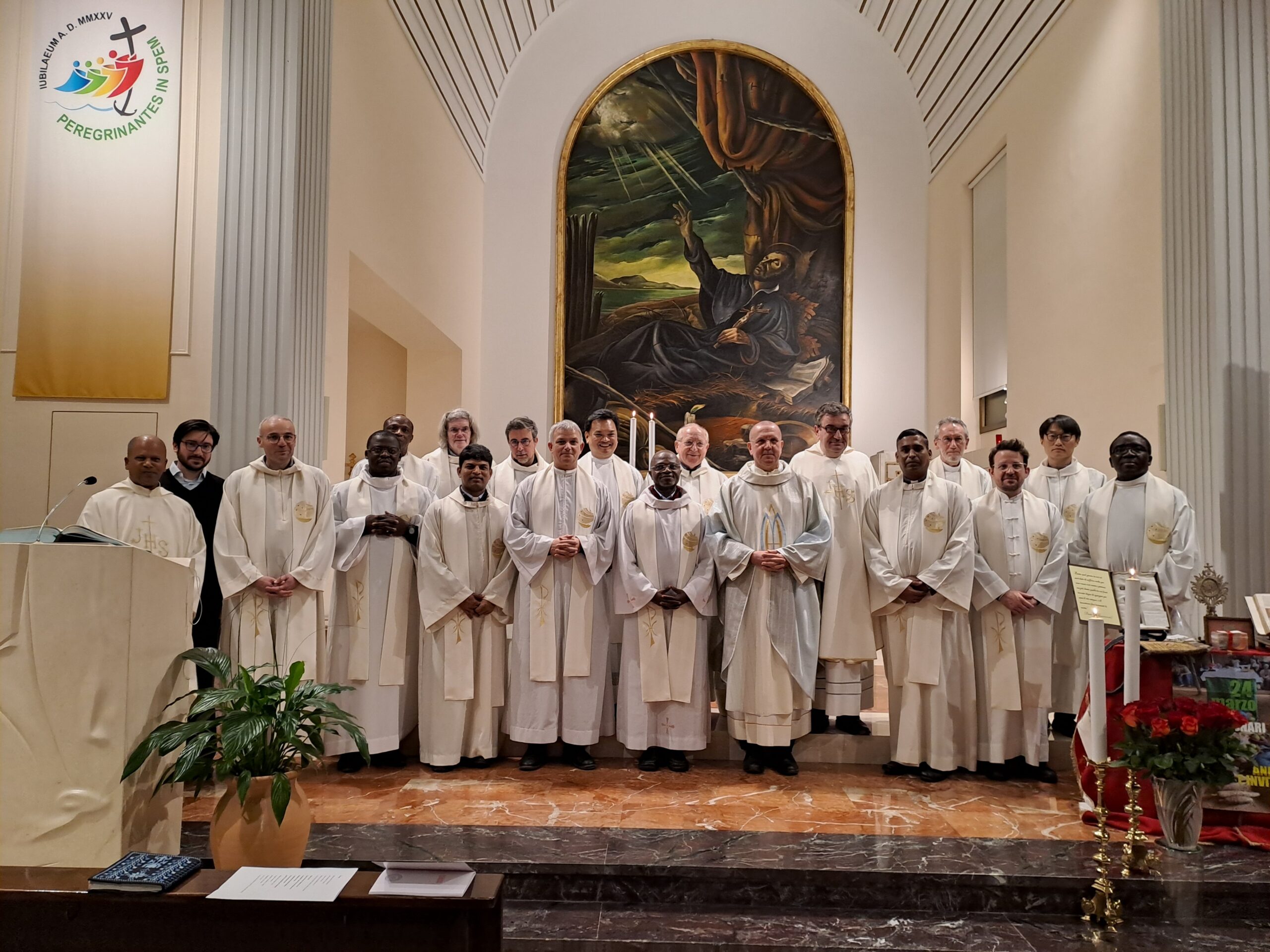
MISAL 2025 delegates after Mass in the Chapel of St. Francis Xavier at the PIME Casa Madre.
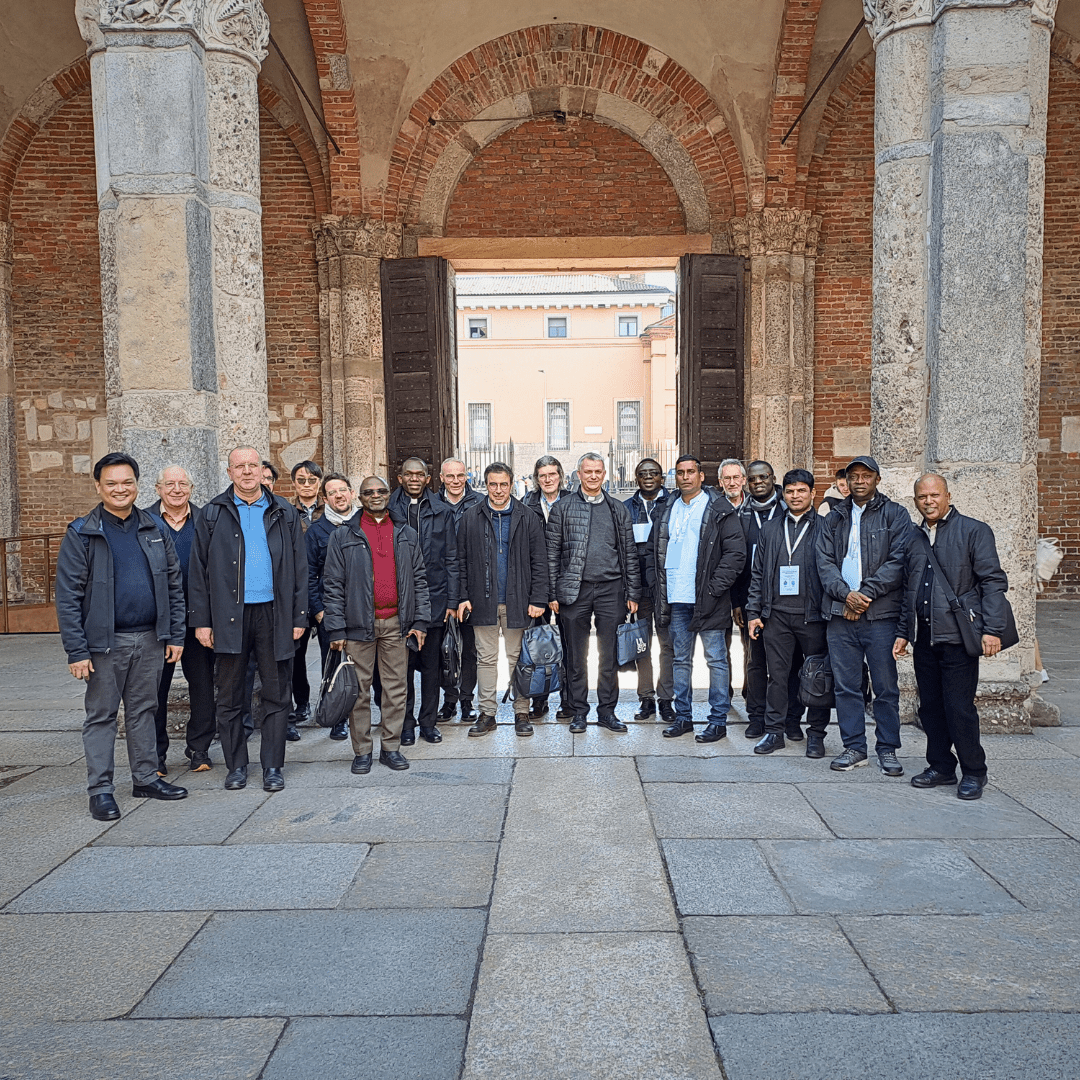
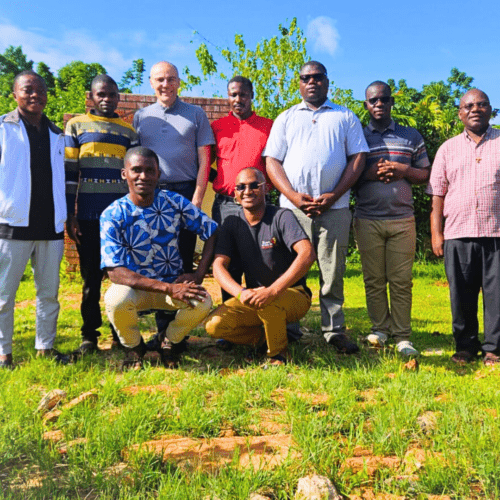
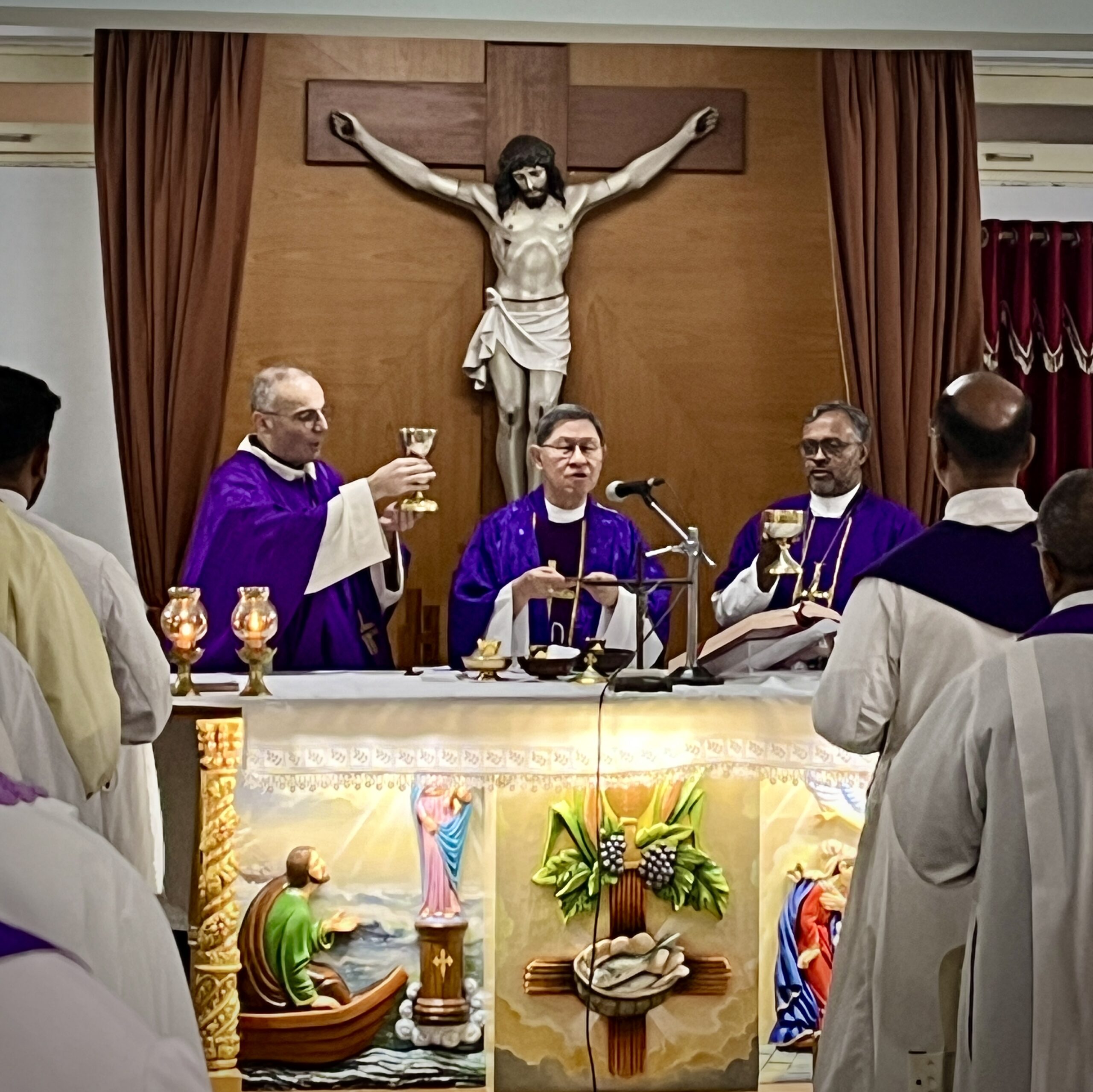
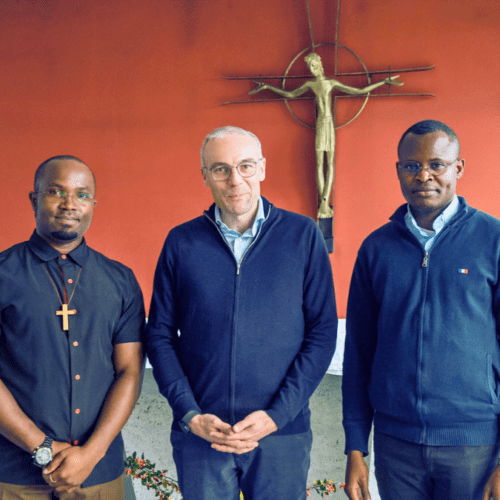
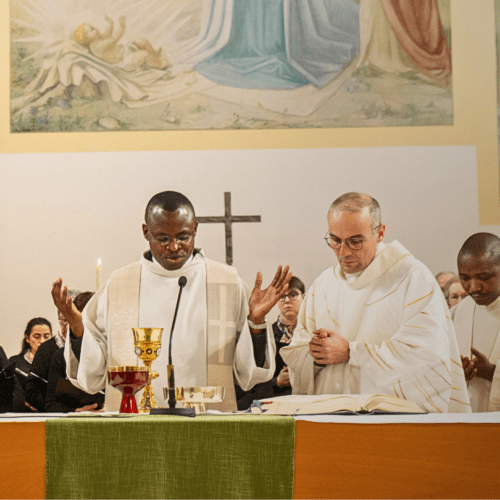
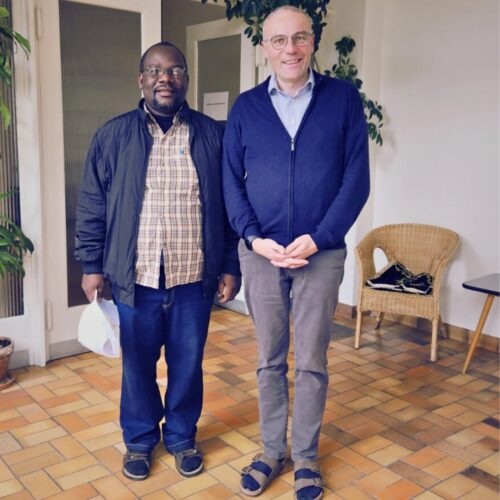
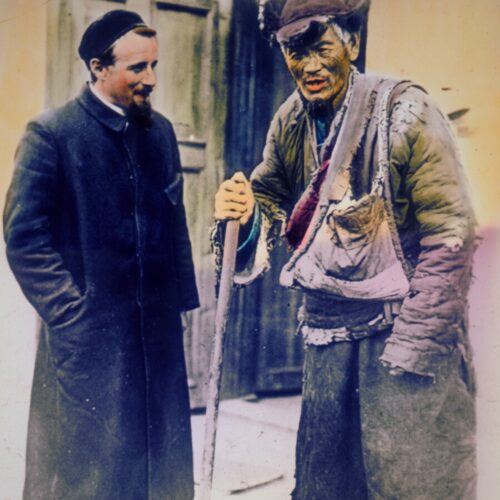
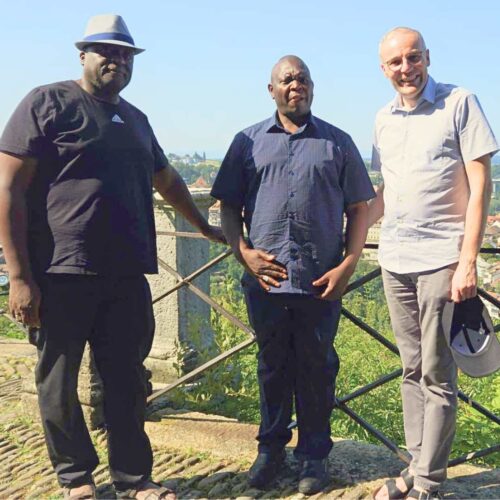
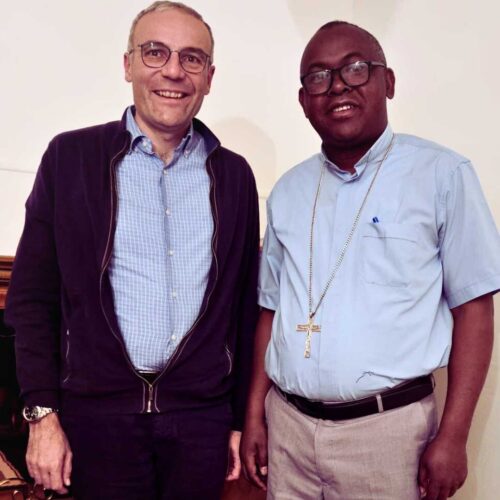
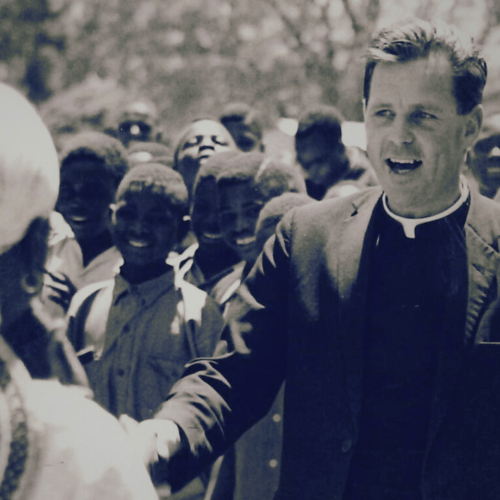
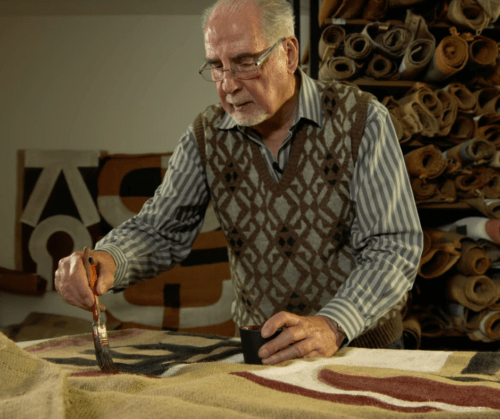
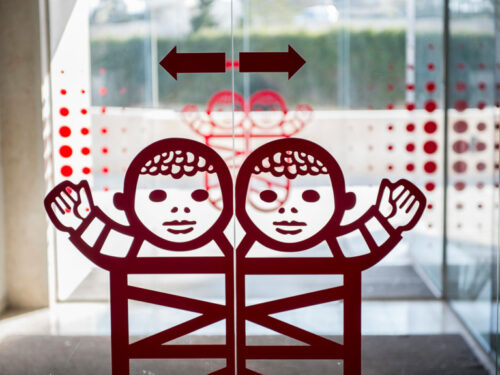
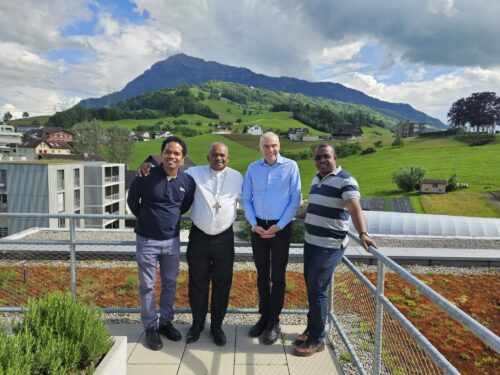
Comments are closed.